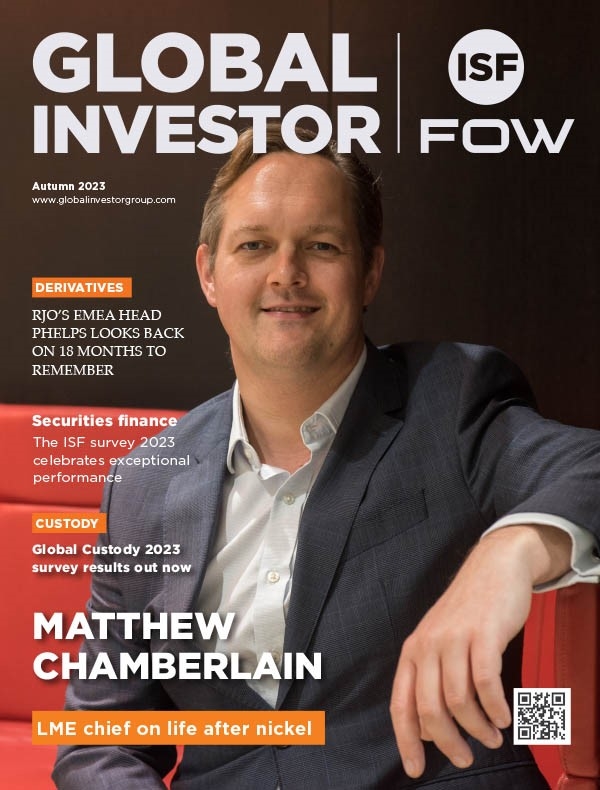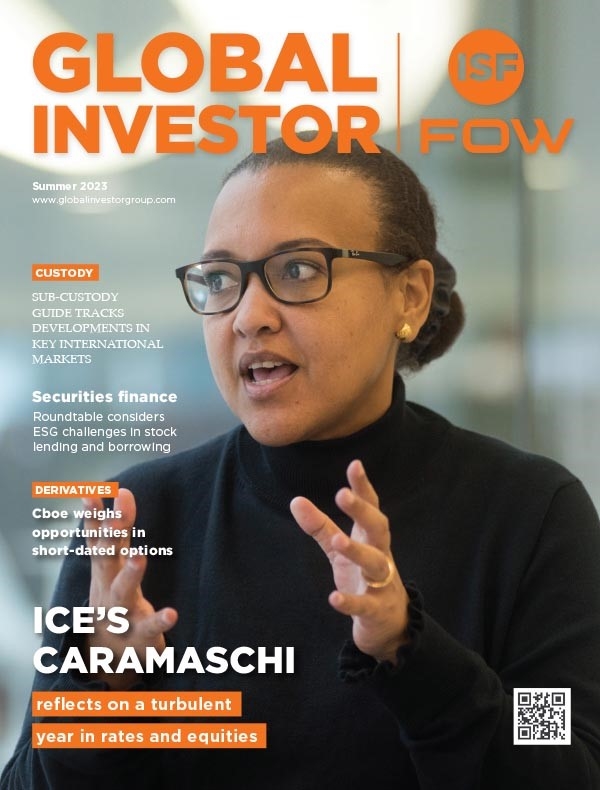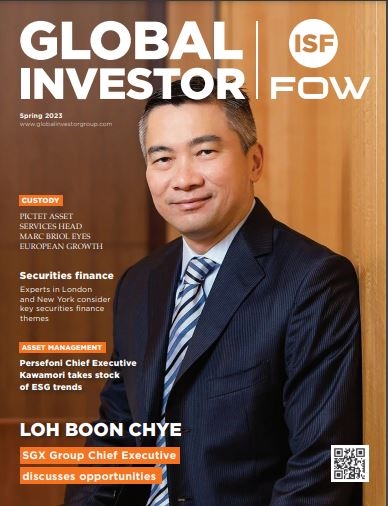Dubai proves resiliant post Arabtec plunge

Dubai is no stranger to volatility. The buffeting its reputation took after the government-owned investment vehicle Dubai World revealed in November 2009 that it could not repay its debts plunged the emirate into an economic tailspin, but it experienced a strong rebound in the following years and markets were at or near historical highs by mid-2014. So the sharp market correction that hit the emirate in June comes as something of a surprise.
The Dubai Financial Market (DFM) has been booming, the index rising nearly 50% year-to-date. Since June this year, the United Arab Emirates (UAE) has been reclassified as part of index provider MSCI’s emerging market (EM) group of indices, putting it in line for significant inflows of institutional investment money.
Nonetheless, within weeks of the UAE’s inclusion on the MSCI EM index, Dubai’s market took a major hit, primarily related to the fallout from problems afflicting the UAE’s major construction company, Arabtec. This company was responsible for some landmark real estate mega-projects such as the world’s tallest skyscraper, the Burj Khalifa.
It also had one of Abu Dhabi’s main investment vehicles as one of its core shareholders, in the form of state-owned fund International Petroleum Investment Company (IPIC) and its investment unit Aabar.
The Arabtec affair
After reaching an all-time high of AED7.74 ($2.11) on May 14 2014, Arabtec’s stock price plunged 61% in June. The slide followed increasing concerns after the resignation of chief executive and managing director Hasan Ismaik. He announced plans to sell his stake in the company amid widespread speculation that he had fallen out with the firm’s Abu Dhabi backers, triggering his resignation.
Investors feared the company was at risk of losing Abu Dhabi’s support, raising a question mark over the future viability of a series of large projects on its books. Jordan-born Ismaik took office only in 2013, after Aabar had built a 20% stake in Arabtec. Ismaik’s own stake reportedly rose to almost 29% by June this year.
However, the uncertainty over the circumstances surrounding his departure sparked a sale among investors, who were already spooked by concerns that Dubai market valuations had become increasingly disconnected from fundamentals as a result of the continuing rally. Arabtec’s problems had the effect of dragging down the wider market.
By June 24, Dubai’s stock market recorded its biggest monthly fall in six years, at 7%, and by the end of June the benchmark DFM general index was showing losses above 20% for the month. Once again, Dubai’s reputation had taken a mighty battering. The Arabtec affair shone an unflattering light on perceived structural flaws in the emirate’s business environment, with opaque business practices among senior business figures.
Weaknesses in the capital market’s operations have also come to light. The UAE regulator faced stinging criticism for failing to ensure proper information disclosure at Arabtec, in light of the specu-
The Dubai Financial Market (DFM) has been booming, the index rising nearly 50% year-to-date. Since June this year, the United Arab Emirates (UAE) has been reclassified as part of index provider MSCI’s emerging market (EM) group of indices, putting it in line for significant inflows of institutional investment money.
Nonetheless, within weeks of the UAE’s inclusion on the MSCI EM index, Dubai’s market took a major hit, primarily related to the fallout from problems afflicting the UAE’s major construction company, Arabtec. This company was responsible for some landmark real estate mega-projects such as the world’s tallest skyscraper, the Burj Khalifa.
It also had one of Abu Dhabi’s main investment vehicles as one of its core shareholders, in the form of state-owned fund International Petroleum Investment Company (IPIC) and its investment unit Aabar.
The Arabtec affair
After reaching an all-time high of AED7.74 ($2.11) on May 14 2014, Arabtec’s stock price plunged 61% in June. The slide followed increasing concerns after the resignation of chief executive and managing director Hasan Ismaik. He announced plans to sell his stake in the company amid widespread speculation that he had fallen out with the firm’s Abu Dhabi backers, triggering his resignation.
Investors feared the company was at risk of losing Abu Dhabi’s support, raising a question mark over the future viability of a series of large projects on its books. Jordan-born Ismaik took office only in 2013, after Aabar had built a 20% stake in Arabtec. Ismaik’s own stake reportedly rose to almost 29% by June this year.
However, the uncertainty over the circumstances surrounding his departure sparked a sale among investors, who were already spooked by concerns that Dubai market valuations had become increasingly disconnected from fundamentals as a result of the continuing rally. Arabtec’s problems had the effect of dragging down the wider market.
By June 24, Dubai’s stock market recorded its biggest monthly fall in six years, at 7%, and by the end of June the benchmark DFM general index was showing losses above 20% for the month. Once again, Dubai’s reputation had taken a mighty battering. The Arabtec affair shone an unflattering light on perceived structural flaws in the emirate’s business environment, with opaque business practices among senior business figures.
Weaknesses in the capital market’s operations have also come to light. The UAE regulator faced stinging criticism for failing to ensure proper information disclosure at Arabtec, in light of the specu-



